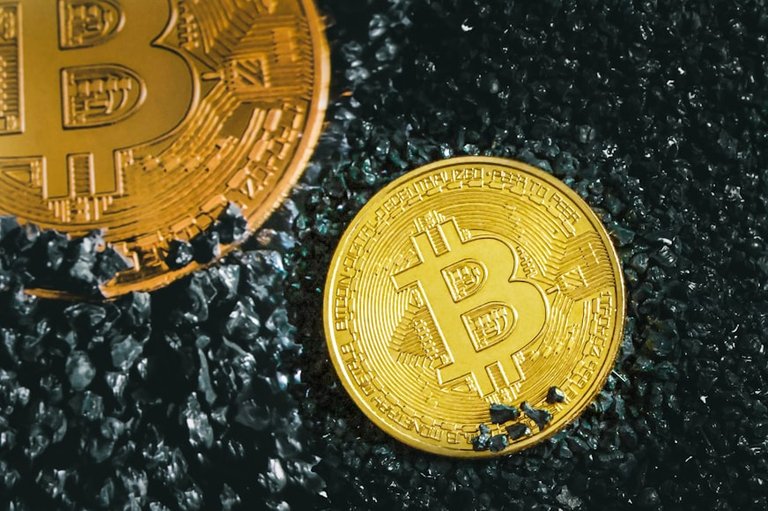The recent proposal by US Senator Cynthia Lummis to create a Strategic Bitcoin Reserve is getting some in the financial world scratching their heads. It literally will involve buying and holding a sizeable amount of bitcoin, like 1 million BTC in five years. This reserve would be partly fundable through the revaluation of gold holdings by the Federal Reserve, a smart move in my judgment for using existing assets.

Sourced
There are some pros and cons to this proposal.
A strategic reserve of bitcoin might hedge against inflation and market volatility.
This could give the US a head start in other nations' financial trends, especially if such nations start striding towards similar policies. But one needs to remember risks as well. Bitcoin is an asset extremely volatile in price and may swing highly in either direction. This reserve would plunge in value in case of a so-called market collapse, hence huge losses for the government.
I also consider the possible implications in case the government holds a huge amount of bitcoin.
Won't that be too much control over the market?
Might this not lead to manipulation and price-fixing?
These questions take serious consideration before moving forward with the proposal. On issues concerning the environmental impact arising from bitcoin mining, it is my thought that this is a key factor in greenhouse gas emissions. As the world shifts to more sustainable and eco-friendly practices, I believe that there needs to be an evaluation of environmental implications coming in with investing in bitcoin.
The proposal also opens the debate on the role of government in the financial sector.
Should the government be investing in assets like bitcoin, or should it stick to more traditional investments? That's a debate worth having, as it gets to the very heart of the relationship between government and the financial markets.
Some may argue that the government should not interfere with the financial sector at all, while others would view it as a measure of last resort to save the country from financial turmoil.
Ultimately, careful planning, execution, and regulation are required for the Strategic Bitcoin Reserve to ring triumphant in its proposal. Provided that it shall turn out right, this can be really game-changing for the US government and bankers as a whole. Otherwise, mismanagement may expose quite immense reputational and financial risks.
Posted Using InLeo Alpha
I think the nation state, as we know it, will change as cryptocurrency gains widespread adoption.
The government has always been an intermediary for the citizens of a nation, but crypto allows for peer-to-peer transactions, excluding the state from visibility and control of the economy. I think new governing structures will arise, where "taxes", funding, and voting all occur on decentralized blockchains, forming new decentralized government-like structures.
Anyways, interesting times ahead.
That looks inevitable. Its sad that would defeat it's decentralized purpose